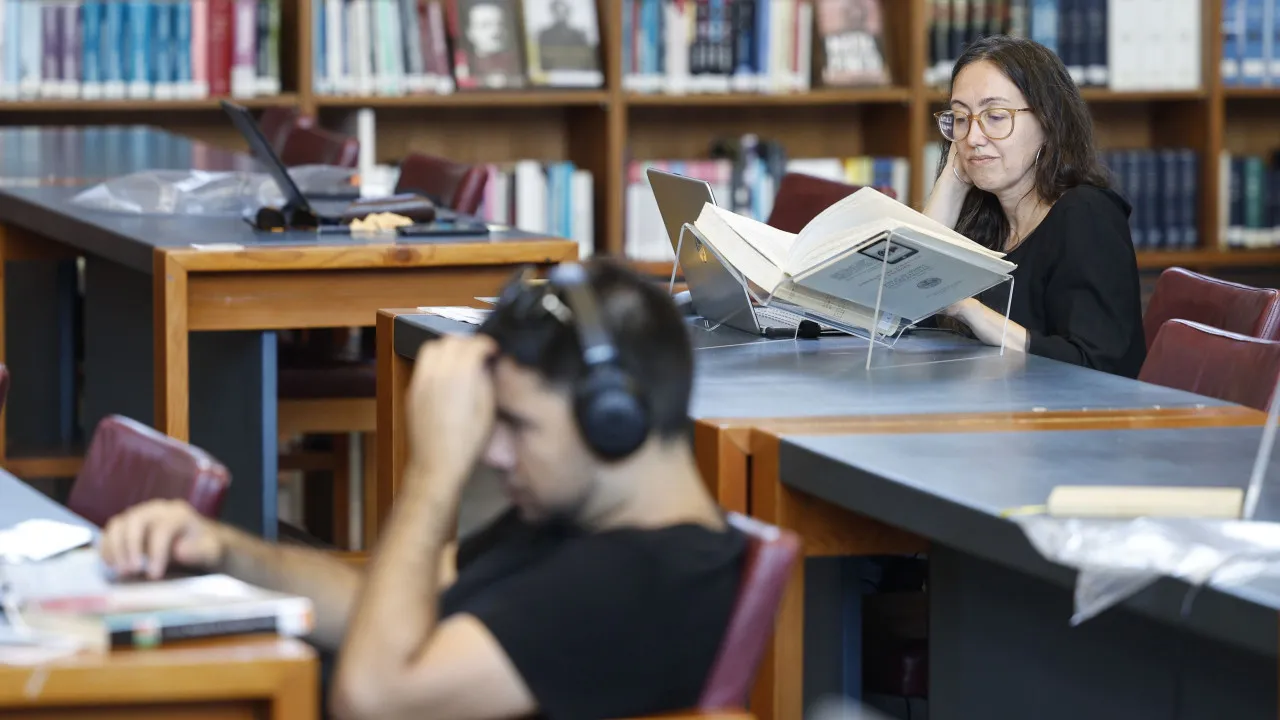
The current responsibilities of the National Reading Plan (PNL) Mission Structure and the Coordinating Office of the School Libraries Network (RBE) will be incorporated into the new Institute for Education, Quality, and Evaluation, continuing their respective projects to promote reading, the Ministry of Education, Science, and Innovation (MECI) announced today in response to concerns raised by the Portuguese Association of Librarians, Archivists, and Information and Documentation Professionals (Bad).
On Thursday, Bad sent a letter to the Minister of Education expressing concerns about the announced restructuring of the two organizations and requesting clarification on the future of projects previously conducted by RBE and PNL.
In the letter, the association’s president, Ana Alves Pereira, highlights the significance of RBE and PNL “as foundational projects with recognized impact on education, culture, reader development, and the promotion of literacy and citizenship in Portugal.”
About a month ago, the government announced a reform within MECI, which involves the dissolution of ten entities and the creation of three new structures, one of which is the Institute for Education, Quality, and Evaluation. This institute will now integrate the Directorate-General of Education, PNL, RBE, and the Institute of Educational Assessment.
“We question how MECI intends to integrate and enhance RBE in the new organizational structure to maximize its role in achieving academic success, promoting reading and literacy, and advancing student citizenship,” the association states, also inquiring about “how the continuity of PNL in the new structure will be ensured.”
RBE’s program was established in 1996 to “install and develop libraries in public schools at all education levels, providing users with necessary resources for reading, access to, use and production of information in analog, electronic, and digital formats.”
PNL was launched a decade later as an “institutional response to concerns over literacy levels among the general population and particularly among youth, which were significantly below the European average,” according to the Council of Ministers resolution that created it.




